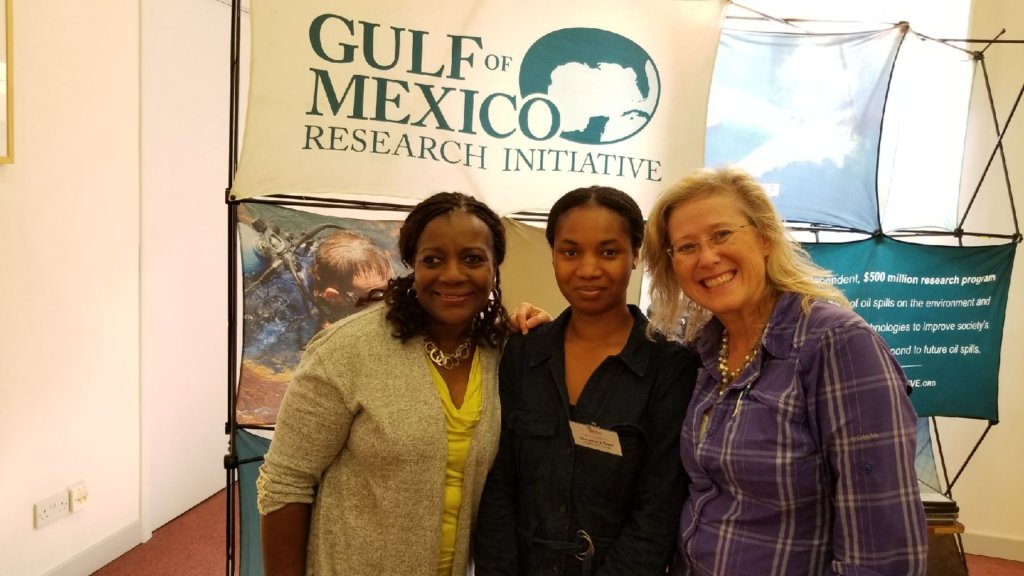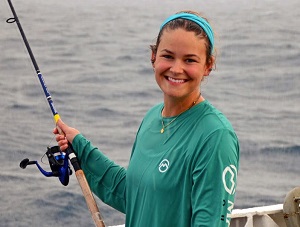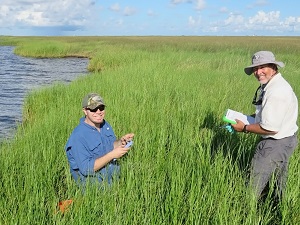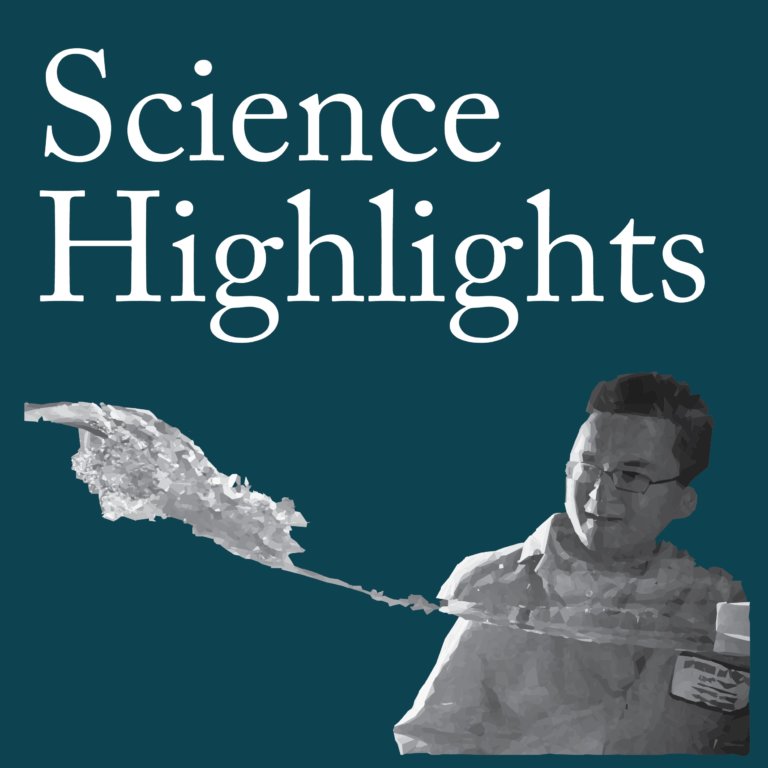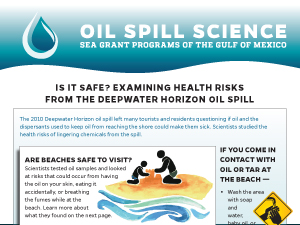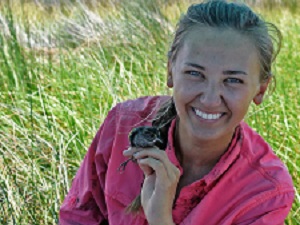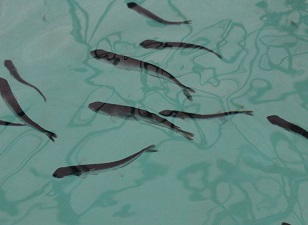Fall 2017 – Education Spotlight
Fall 2017 – Education Spotlight – DECEMBER 18, 2017 (From Fall 2017 Newsletter) C-IMAGE Attends EMSEA Conference in Malta Outreach coordinators Teresa Greely and Angela Lodge from the Center for the Integrated Modeling and Analysis of the Gulf Ecosystem (C-IMAGE) attended the European Marine Science Educators Association (EMSEA) conference from October 7-10, 2017 in Valletta,…
Details
